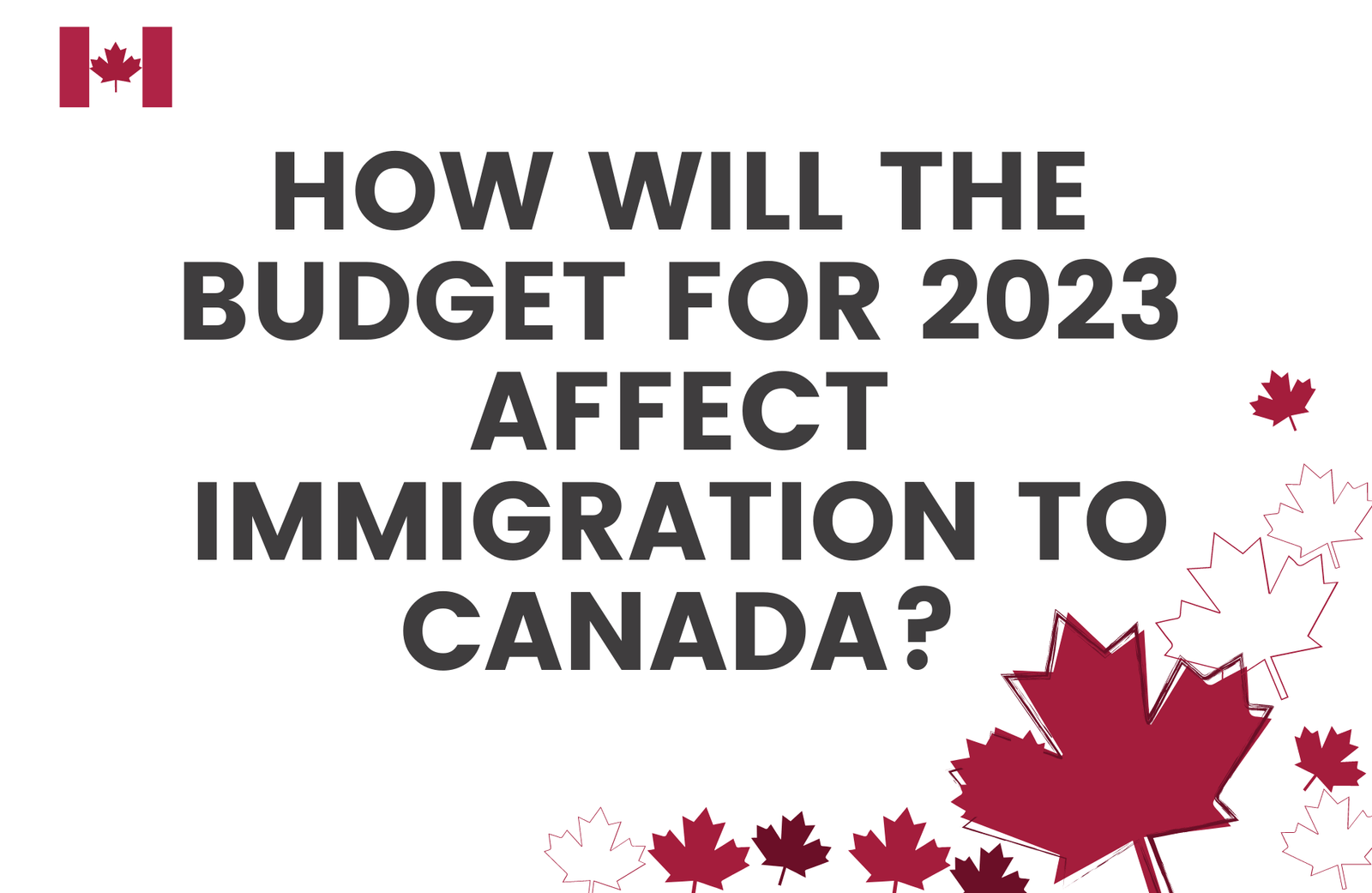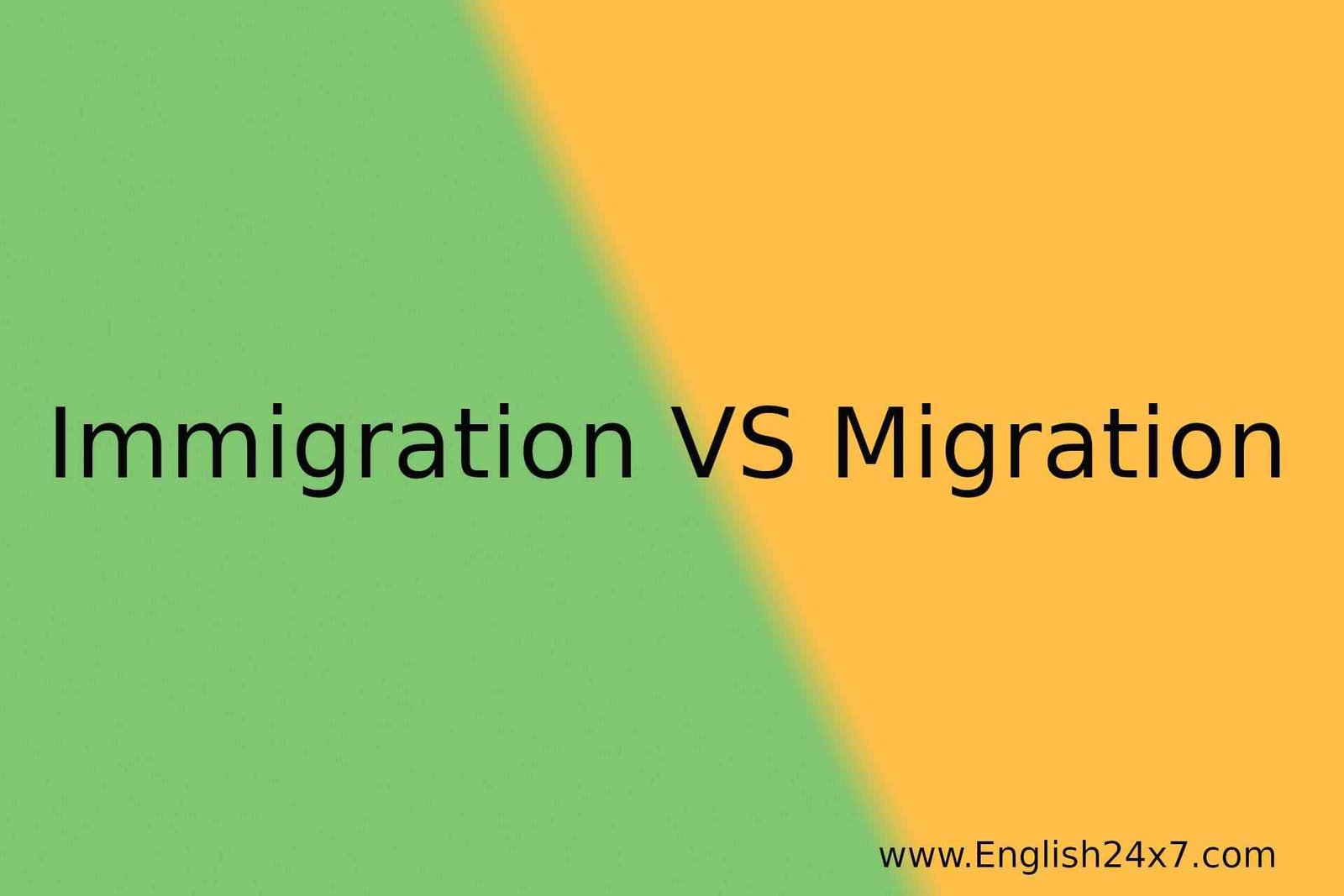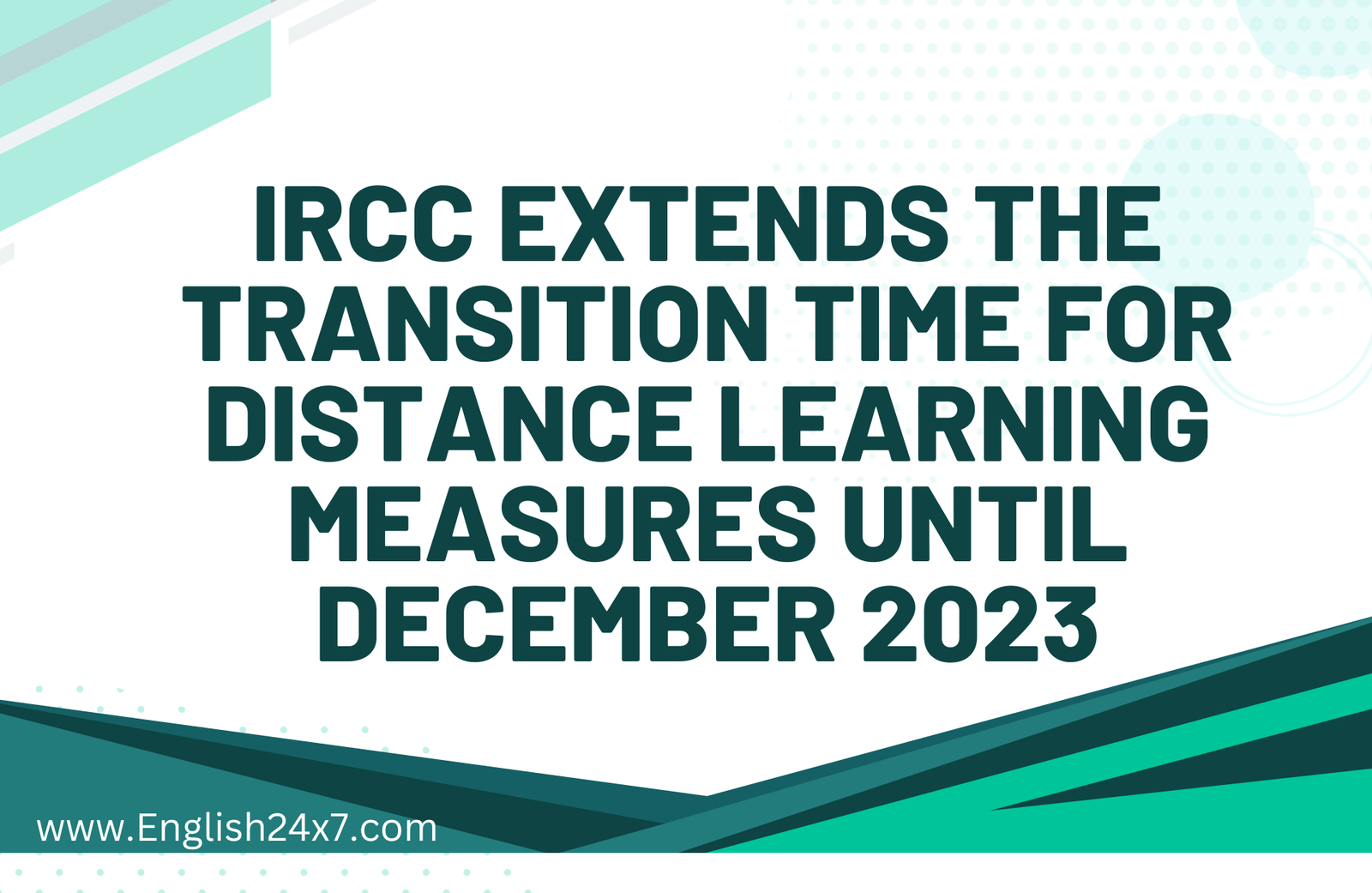
How will the Budget for 2023 affect immigration to Canada?
Every year, Canada publishes a budget that serves as a guide for the coming fiscal year's spending. It has a significant impact on both natives of Canada and recent immigrants in all facets of life.
The budget outlines Canada's spending goals and reveals Canada's expenditure plans. Also, it displays Canada's budgetary and economic forecast. These two elements have a significant role in Canada's immigration policy.
In order to support Canada's Immigration Levels Plan and welcome 500,000 new permanent residents annually by 2025, Budget 2022 invested $1.6 billion over six years and $315 million continuing.
The budget for this year places a greater emphasis on healthcare spending, sustainable energy programs, and affordability measures for Canadians who are most affected by high inflation.
It includes measures that affect both native-born Canadians and recent immigrants, such as the establishment of a tax-free home savings account and a national dental care program for households earning under $90,000.
Beginning on April 1, banking institutions will be permitted to establish these accounts, enabling first-time homeowners to save up to $40,000 by making annual contributions of up to $8,000. Tax-free contributions will be made.
But, Canada's immigration policies are designed to get funding from the budget. The money will be used to streamline the application process and support current programs. The government expects to spend up to $55 million overall on immigration during the fiscal year 2023-2024.
The budget suggests giving Immigration, Refugees and Citizenship Canada (IRCC) and the Royal Canadian Mounted Police (RCMP) $10 million over five years, beginning in 2023–2024, with $14.6 million still owed in amortisation. Application procedure for citizenship will go more quickly as a result.
The budget also suggests extending the Electronic Travel Authorization (ETA) Program's eligibility to visitors from low-risk nations. The cost of the policy, according to the government, is $50.8 million over four years.
The federal government anticipates that this will free up resources for screening high-risk travellers and make Canada a more alluring destination for those it regards to be trustworthy travellers.
The program is now only accessible in Brazil, but a list of nations that qualify will be made public in the upcoming weeks.
The budget offers more information on how Canada intends to assist Ukrainians who want to immigrate to Canada in order to flee the present conflict.
The Canada-Ukraine Authorization for Emergency Travel was extended by the government on March 22 to July 15, 2023.
The government will contribute an additional $171.4 million over a three-year period, beginning in 2022–2023, to finance this extension.
The budget proposes $123.2 million to encourage Francophone immigration to Canada, including support for Canadian employers to hire French-speaking foreign workers and increased support for these immigrants once they arrive in Canada, in order to further the government's official mandate to expand the French language in communities outside of Quebec.







